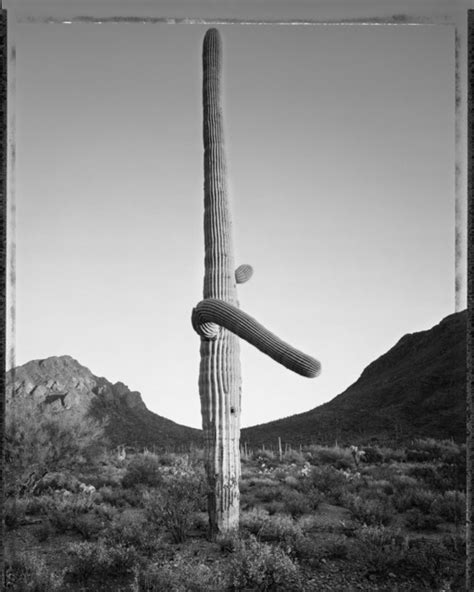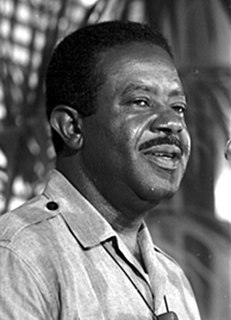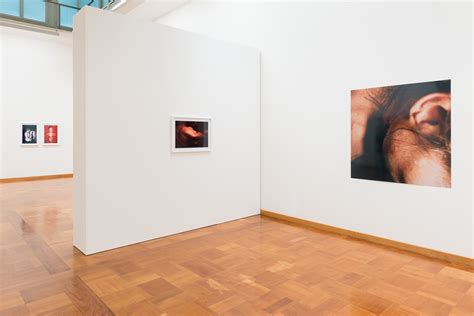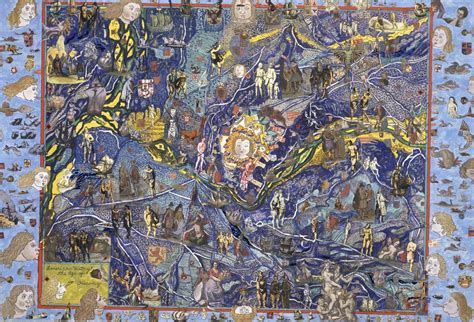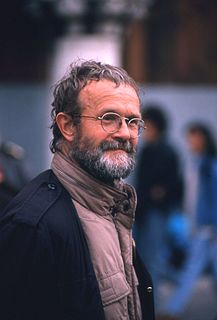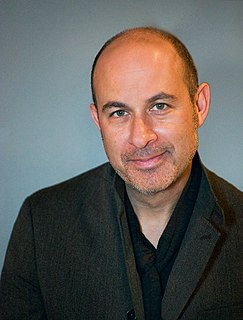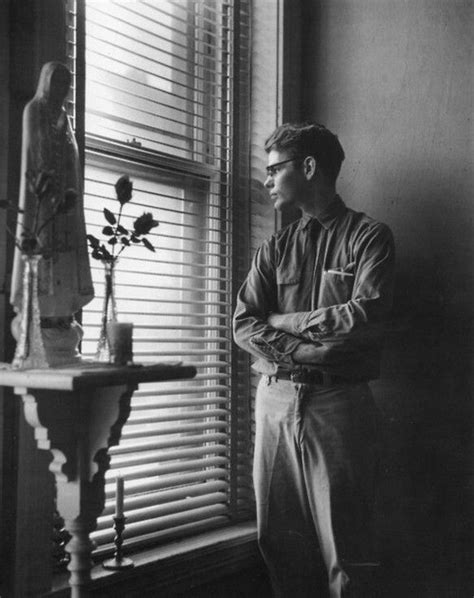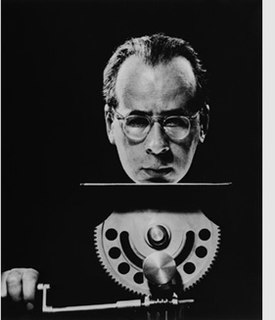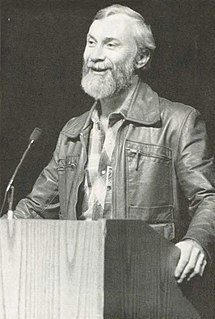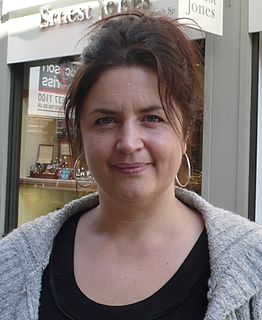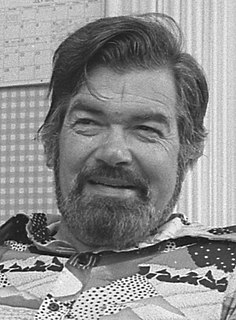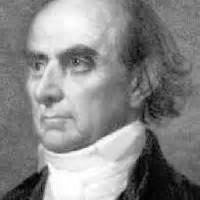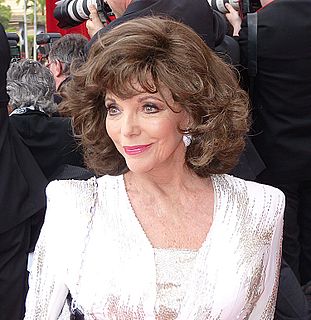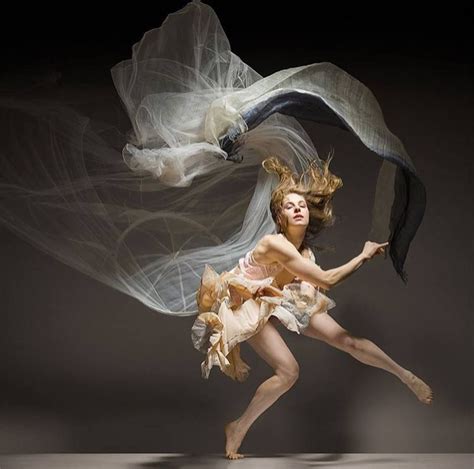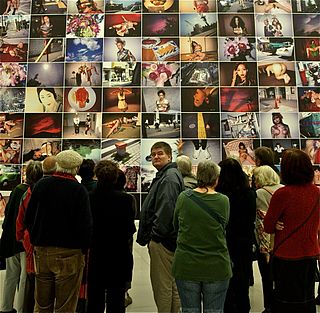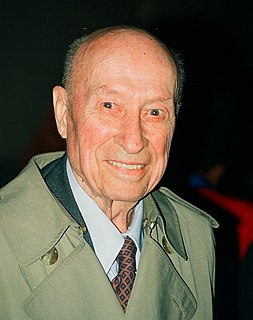Top 1200 Old Photographs Quotes & Sayings - Page 2
Explore popular Old Photographs quotes.
Last updated on April 15, 2025.
I am interested in making photographs which comment on the experience of a place as well as describe it. My position has not typically been one of advocacy for or against any political position. But I regard photographs as commentary, and that includes, at times, taking a specific political viewpoint on an issue.
The inferiority of photographs to the best works of artists, so far as resemblance is concerned, lies in their catching no more than a single expression. If many photographs of a person were taken at different times, perhaps even years apart, their composite would possess that in which a single photograph is deficient.
The photographs of space taken by our astronauts have been published all over the place. But the eye is a much more dynamic mechanism than any camera or pictures. It's a more exciting view in person than looking at the photographs. Of course, I personally am sick and tired of hearing people talk like that: I want to see it myself!
Things changed a little when I started taking photographs for magazines. I was afraid in the beginning. I thought, "Oh I can't do it, because I have never taken a photographs commercially for a magazine." But I wanted to learn so I started. But when I took models from agencies, I took beginners. Sometimes they were really good, but you have to work with them. You have to be good with women and the boys.
It wasn't until I realised that I could actually take nice photographs that I started to become passionate about it. I then got a few jobs working for magazines in London, and I would get terribly excited and intense about doing a job and taking photographs and looking through the lens to capture something amazing.
Though infested with many bewildering anomalies, photographs are considered our best arbiters between our visual perceptions and the memory of them. It is not only their apparent 'objectivity' that grants photographs their high status in this regard, but our belief that in them, fugitive sensation has been laid to rest.
... my father loved to take photographs of me. When I was nine I made my own costumes for a school play and I experienced becoming different characters. I loved to document myself as different images and I think my work evolved after this favorite activity. The photographs I exhibited in New York juxtaposed reality and fantasy. There was everyday life and fantasy was dismantling that reality.
To live in a world of photographs is to live in a world of substitutes... or so it seems, whose actual referent is always the other, the described, the reality of a world once removed. I prefer, on the other hand, to look at the photographs as something real and of my world, a strange and powerful thing... part of a language, a system of communication, an economy of signs.
My photographs are proof of what happened. When I go to Russia, sometimes I meet ex-soldiers... They say, 'We came to liberate you....' I say: 'Listen, I think it was quite different. I saw people being killed.' They say: 'No. We never... no shooting. No. No.' So I can show them my Prague 1968 photographs and say, 'Listen, these are my pictures. I was there.' And they have to believe me.
Always, when the words art and artistic are applied to my photographic work, I am disagreeably affected. This is due, surely, to the bad use and abuse made of those terms. I consider myself a photographer, nothing more. If my photographs differ from that which is usually done in this field, it is precisely because I try to produce not art but honest photographs, without distortions or manipulations.
During my performances, I don't like folks to take pictures because I feel that we live in a very photographic time. Photography was invented over 100 years ago, and now it's at its peak because everyone has a camera. The fact that they are taking experiences and filtering them through a mechanical lens I find amazing, but also disheartening. Amazing when you have photographs that start revolutions. Disheartening when you have people making photographs but not living.
Some of the people who are now manipulating photos, such as Andreas Gursky, make the argument - rightly - that the 'straight' photographs of the 1940s and 50s were no such thing. Ansell Adams would slap a red filter on his lens, then spend three days burning and dodging in the dark room, making his prints. That's a manipulation. Even the photographs of Henri Cartier-Bresson, with all due respect to him, are notoriously burned and dodged.
I am not much interested in discovering new territories to photograph. Instead, what I wish my pictures could do is lessen the distance one often feels when looking at landscape photographs... The longer I work, the more important it is to me to make photographs that tell my story as a participant, and not just an observer of the land.
Images anesthetize. An event known through photographs certainly becomes more real than it would have been if one had never seen the photographs ... But after repeated exposure to images it also becomes less real. ... 'concerned' photography has done at least as much to deaden conscience as to arouse it.
I would that my photographs might be, not the coverage of a news event, but an indictment of war - the brutal corrupting viciousness of its doing to the minds and bodies of men; and, that my photographs might be a powerful emotional catalyst to the reasoning which would help this vile and criminal stupidity from beginning again.
I knew that was coming. That's another stupidity. The people who use the term don't even know the meaning. They use it to refer to photographs they believe are loosely organized, or casually made, whatever you want to call it. Whatever terms you like. The fact is, when they're talking about snapshots they're talking about the family album picture, which is one of the most precisely made photographs.
A photograph is both a pseudo-presence and a token of absence. Like a wood fire in a room, photographs-especially those of people, of distant landscapes and faraway cities, of the vanished past-are incitements to reverie. The sense of the unattainable that can be evoked by photographs feeds directly into the erotic
feelings of those for whom desirability is enhanced by distance.
My camera, my intentions stopped no man from falling. Nor did they aid him after he had fallen. It could be said that photographs be damned for they bind no wounds. Yet, I reasoned, if my photographs could cause compassionate horror within the viewer, they might also prod the conscience of that viewer into taking action.
I was out in California over the holidays and I was working with some photographs I took out there just now, actually, which were all different photographs of the sunset. They're really interesting because El Niño has changed the cloud configuration, not only the sea, but also the whole makeup of the clouds, the sunset, and the different gradations of color and tonality. So it'll be interesting to work with that.
Each time I arrived in a new city, I'd get lost in the streets and photograph everything that looked interesting, taking nearly a thousand photographs every day. After each day of shooting, I'd select 30 or 40 of my favorite photographs and post them on Facebook. I named the albums after my first impression of each city.
I never thought I was particularly good looking. But when I see old photographs, I realise that I was. I do wish I had known that at the time because beauty is power. I didn't realise how lucky I was to be young, beautiful and in Hollywood. It didn't hit me. Every day I woke up, went to the film studio and just got on with it.
Photographs are diary entries That's all they can be. Photographs are just documentations of a day's event. At the same time, they drag the past into the present and also continue into the future. A day's occurrence evokes both the past and the future. That's why I want to clearly date my pictures. It's actually frustrating, that's why I now photograph the future
The reason I do photographs is to help people understand my music, so it's very important that I am the same, emotionally, in the photographs as in the music. Most people's eyes are much better developed than their ears. If they see a certain emotion in the photograph, then they'll understand the music.
In a world where the 2 billionth photograph has been uploaded to Flickr, which looks like an Eggleston picture! How do you deal with making photographs with the tens of thousands of photographs being uploaded to Facebook every second, how do you manage that? How do you contribute to that? What's the point?
I often find myself worrying about celebrities. It's an entirely caring thing; it's not like the people who commission those photographs with cruel arrows to go on the covers of the celebrity magazines. The photographs show botched plastic surgery, raging eczema, weight gain and horrible clothes for maximum schadenfreude.

